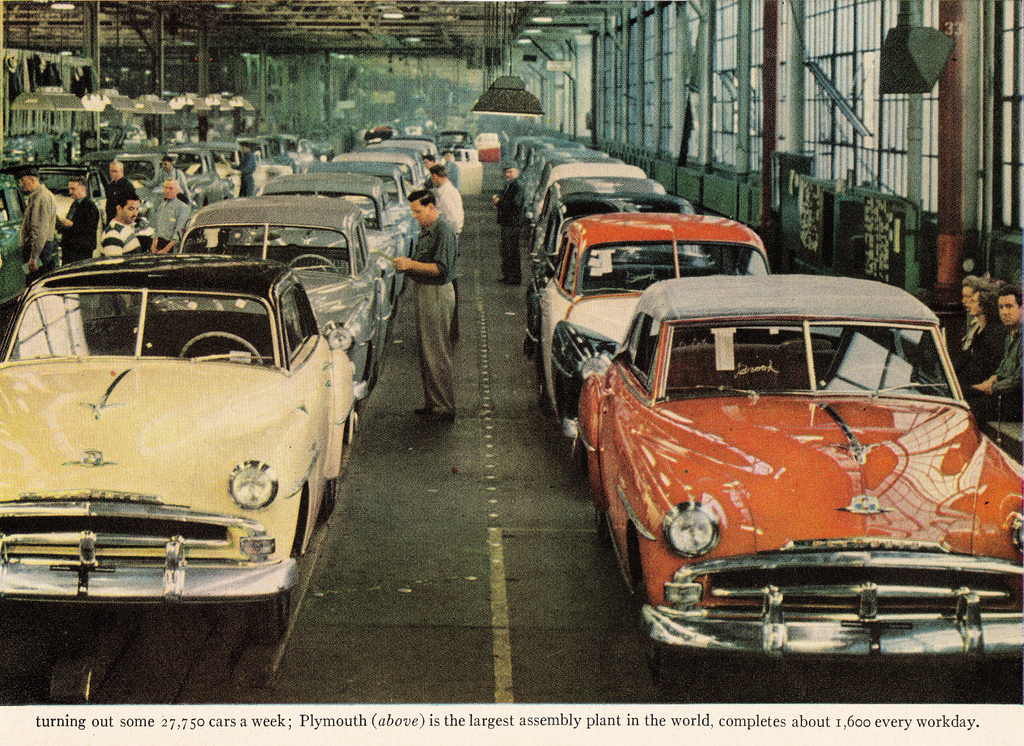Noah Waisberg is Co-founder & CEO of Kira Systems
Technology may have increased the velocity of money, but have we really changed the way we deal with documentation and contracts? In other words, though we may have numerous online marketplaces with high volumes of transactions, has the back office scaled in the same way?

There’s a lot in that question. A lot of money and time has been poured into building back office software and procedures and as a result, the switching costs are quite high. It’s also true that legal and accounting functions haven’t necessarily changed as quickly, but they are changing. It’s far more common today, for example, for firms to use document assembly tools to construct and negotiate contracts than it was before the financial crisis. More recently, we’re seeing an acceleration of interest in automating tasks like order entry, because the technology has finally matured to the point that it can be done reasonably accurately, and the ROI is really starting to make sense.
What is Kira? Where did you come up with the idea? Do you help with both analysis AND workflow?
Kira is a machine learning artificial intelligence that reviews and analyzes contracts. It was originally built for due diligence in mergers and acquisitions to assist lawyers in getting through hundreds or thousands of documents. We now have expanded into other areas such as contract obligation management, contracting simplification, cost recovery, compliance, and other use cases where visibility into contract provisions is critical.
I was previously an associate at the law firm Weil, Gotshal & Manges LLP in New York, and had reviewed contracts and supervised their review. I believed that contract review should — and could — be automated with technology. Working with Alexander Hudek, my co-founder & a computer science Ph.D, we applied machine learning technology to the contract review process to develop our software, Kira.
We do help with both analysis and workflow. Our software is designed to be familiar to a reviewer’s existing workflow while helping them complete analysis tasks in 20-60% less time. On certain projects, you can skip past much of the workflow and get a quick analysis in literally 90% less time than it would have taken to do manually. A good example of that is simply getting a quick check for certain types of consents to a transaction. Kira’s machine learning is good enough to get you a quick answer on topics like that in minutes, rather than days of work pouring over pages.
M&A feels like it’s one of the few types of financial transactions that hasn’t really migrated to the web. Why? Is that changing?
Every company being acquired is different, and so it’s just incredibly difficult to standardize on a particular approach and build an online marketplace. That said, it is changing. Companies like Intralinks and others are offering deal sourcing platforms that corporate development offices at serial acquirer companies use regularly. Deal evaluation has actually been done almost entirely electronically; documents of the target company are securely shared in “virtual” data rooms. What’s changing there now is the rapid rise of tools like Kira’s that can partially automate the lawyers’ and accountants’ review of documentation.
What’s next for Kira in 2016?
We have a lot of improvements planned to our core software, but I suppose a notable one is that we are working on making our platform more open, so we can even further expand the applicable use cases. We’d like to be the platform of choice for understanding any contracts or similarly structured documents. To do that we need to be easy to build upon and to plug into other systems.
Photo credit: aldenjewell / VisualHunt / CC BY







